Egypt
Egypt’s central bank Governor Tarek Amer said the focus on defending the pound over the past five years was a “grave mistake,” three different publications reported on Sunday.
Amer’s comments signal the possibility of another devaluation after he weakened the currency by 13 percent in March.
“We have two choices: either keep the pound stable or get factories working,” Amer told the Cairo-based daily Al-Mal. The exchange rate should reflect market and economic forces, he said. “I will take what I think are the right decisions, in my view, and bear the responsibility.”
The north African nation has been facing pressure to depreciate the pound – the second time this year – with analysts saying Egypt can no longer support the current price of the pound, set by the CBE at 7.73 to the dollar.
Egypt devalued the pound in March in an effort to close the gap between the official and parallel rates but the move failed to boost dollar liquidity or close the gap.
Amer’s remarks are “a clear signal another round of devaluation is around the corner,” said Hany Farahat, a senior economist at Cairo-based CI Capital Holding, a unit of the country’s biggest publicly traded lender. “The governor reiterated the direction of opening up and liberalizing the pound, and adopting a more flexible exchange rate,” Farahat said.
Heavily reliant on imports for food and energy, Egypt is facing a dollar shortage with sources of hard currency inflows like tourism and investment slowing down.
The country’s foreign reserves inched up at the end of February by $56 million dollars reaching $16.5 billion, still less than half of the foreign reserves Egypt had before Mubarak’s removal when they were almost $36 billion.
Years of political turmoil led to a drop by more than a half of Egypt’s foreign reserves in the years following the popular uprising in January 2011, which ended the rule of President Hosni Mubarak. The instability that ensued has driven tourists and investors away.
The north African nation has been scrambling to collect money lately, signing loan agreements with the World Bank and the African Development Bank (AfDB) in December.
Saudi Arabia and United Arab Emirates have also pledged a total of about $4.5 billion in deposits and grants, of which $1.5 billion could materialize soon, according to local media reports.



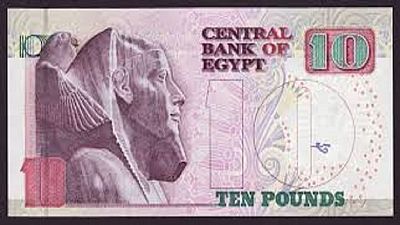

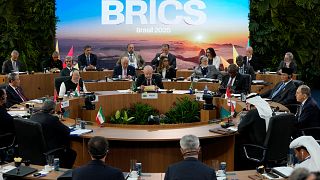
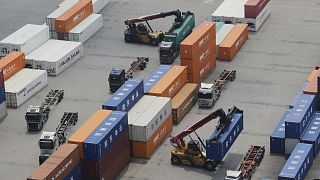
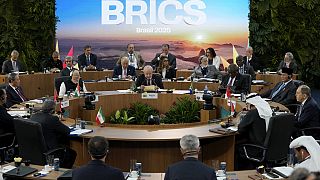
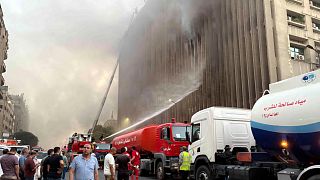

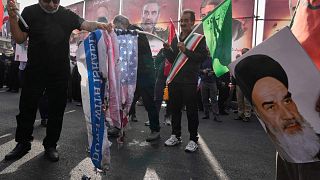


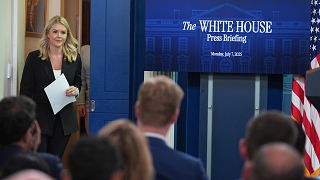
11:19
Cyber Africa Forum highlights Benin's bold digital resilience [Business Africa]
01:05
Ethiopia's mega-dam on the Nile is "now complete", Prime Minister says
Go to video
World Bank grants South Africa $1.5B for infrastructure, green energy
11:16
Angola hosts U.S.-Africa summit amid calls to revive trade ties {Business Africa}
01:30
Abu Dhabi hosts first Global South Economic Forum
01:23
Fourth edition of China-Africa Economic and Trade Expo opens in Changsha